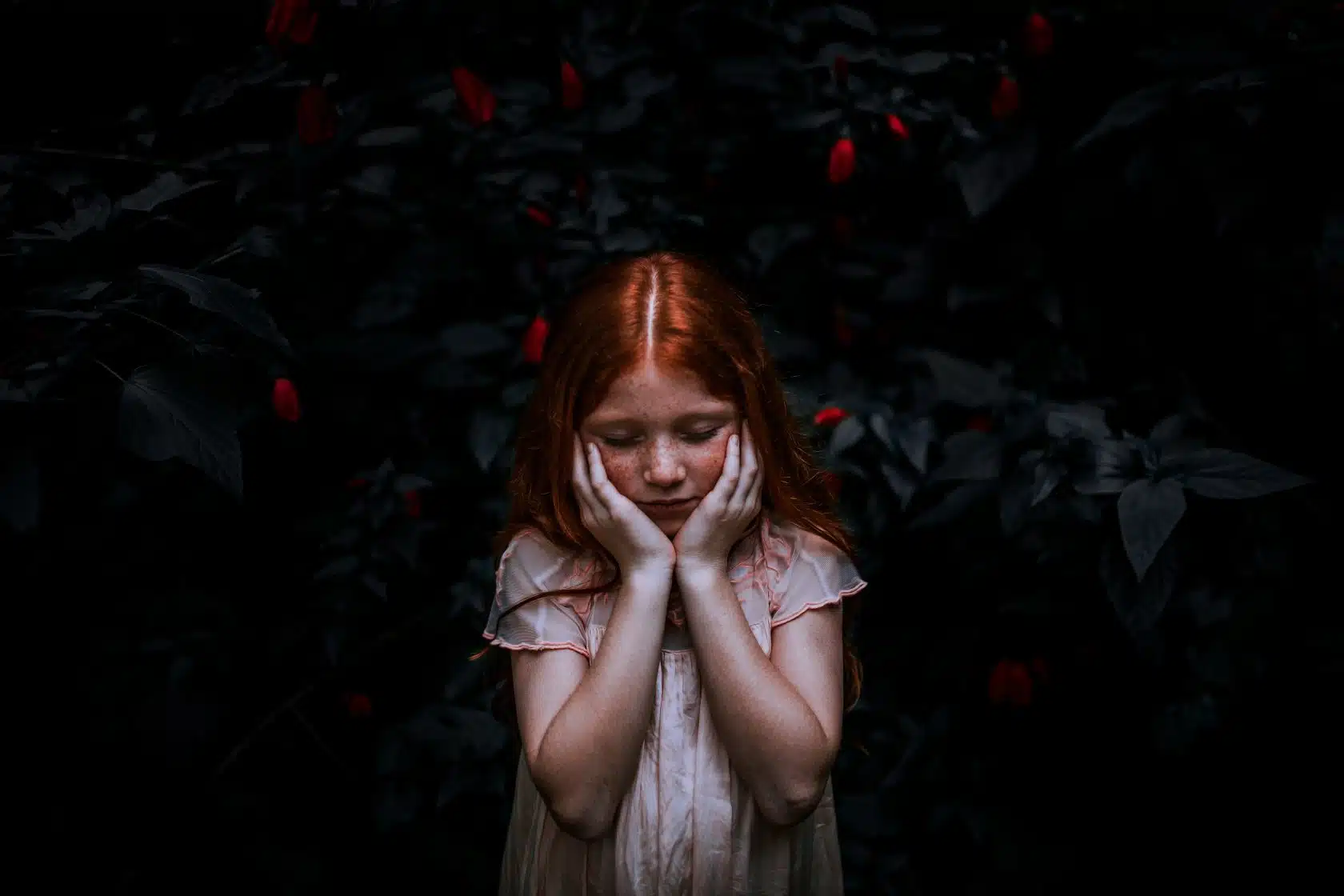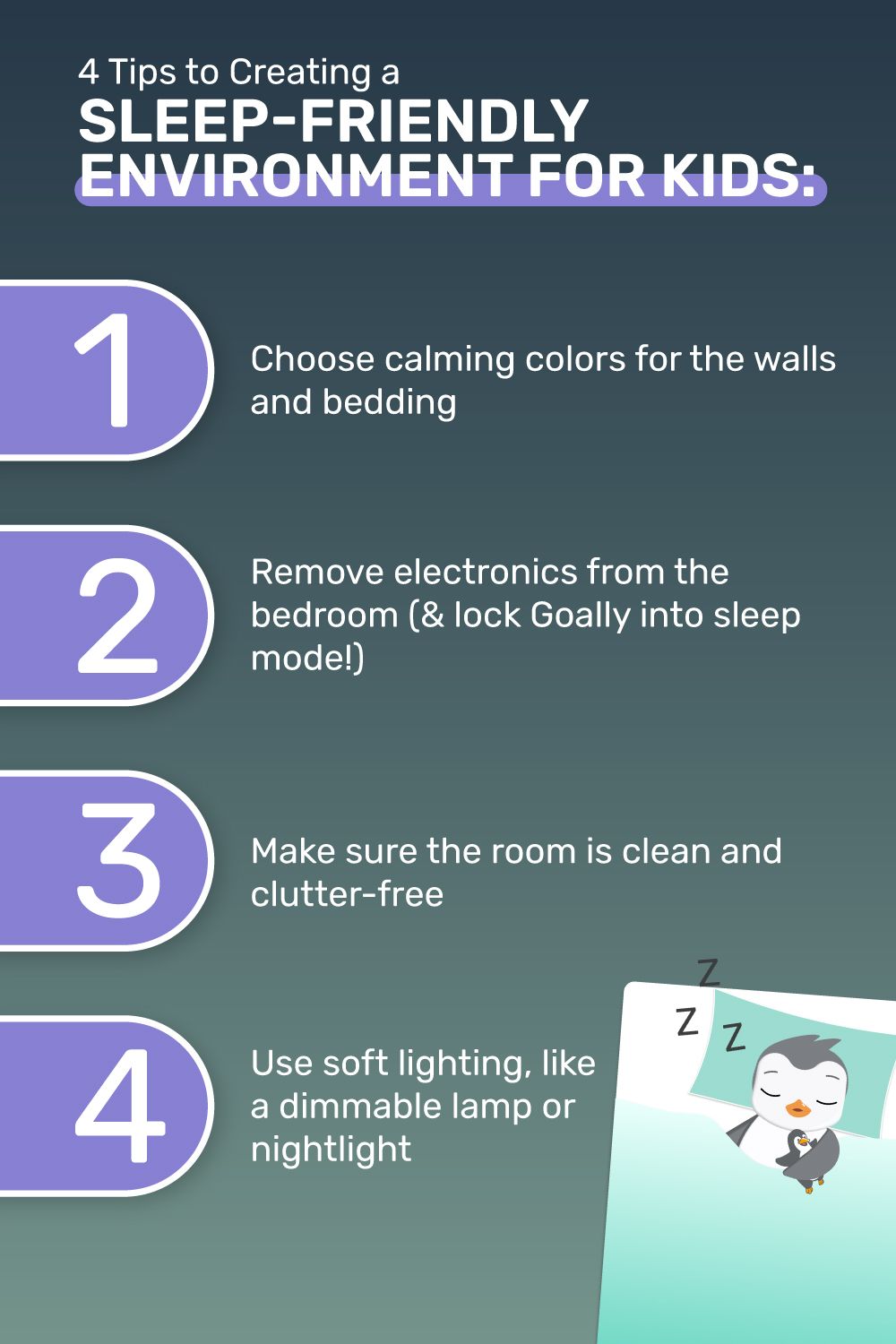Zoloft can be an effective treatment for several mental health conditions in children and teens, including:
- Depression: Helps improve mood, energy levels, and interest in activities
- Anxiety disorders: Reduces symptoms of excessive worry, fear, and panic
- Obsessive-compulsive disorder (OCD): Decreases intrusive thoughts and compulsive behaviors
- Post-traumatic stress disorder (PTSD): Alleviates flashbacks, nightmares, and hypervigilance
| Condition |
How Zoloft Helps |
| Depression |
Improves mood and energy |
| Anxiety disorders |
Reduces worry and fear |
| OCD |
Decreases intrusive thoughts |
| PTSD |
Alleviates flashbacks and nightmares |
While Zoloft can be highly beneficial for many kids with these conditions, it’s important to work closely with a mental health professional to determine if it’s the right choice for your child’s specific needs.
This post was originally published on August 16, 2023. It was updated on June 19, 2024.












